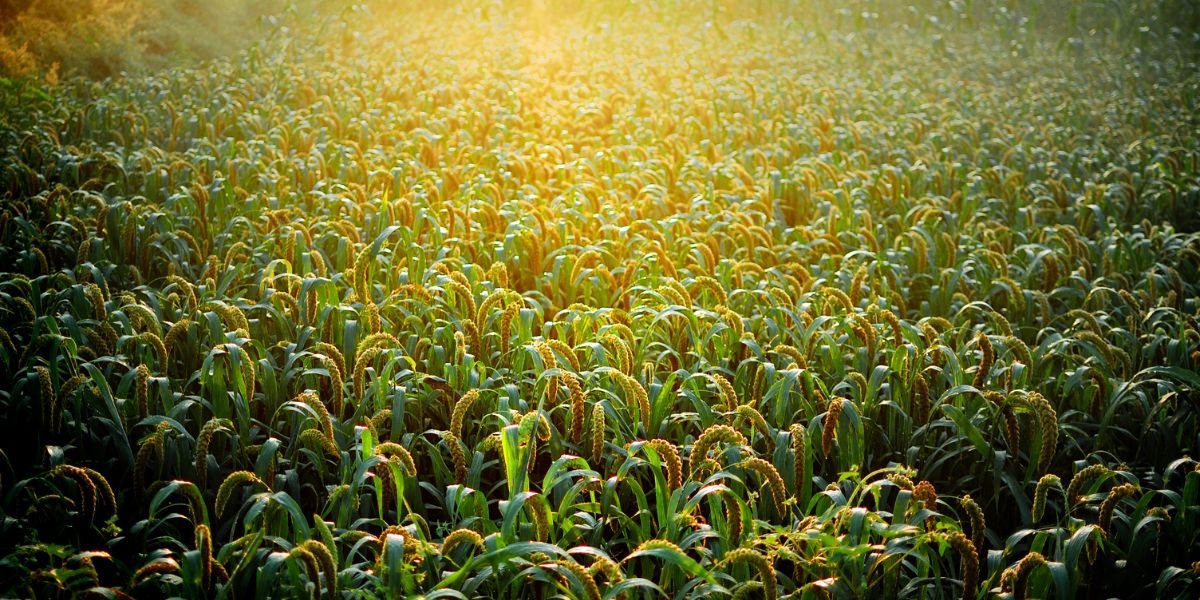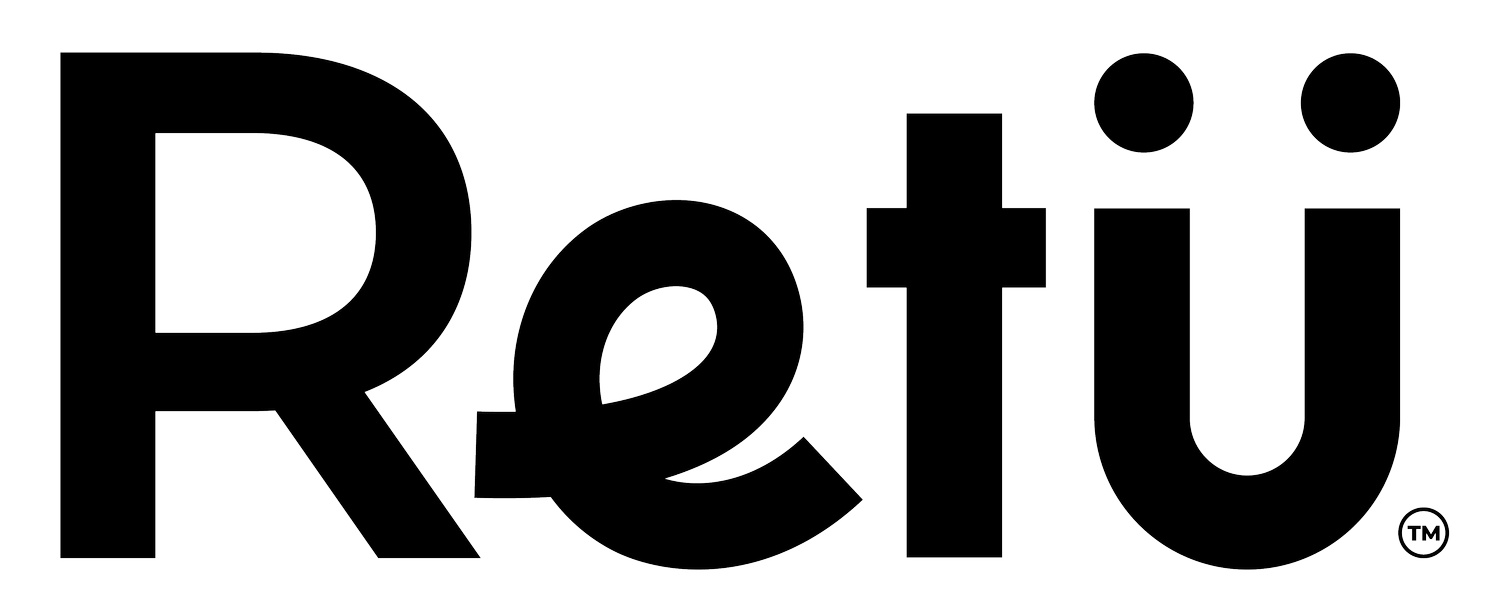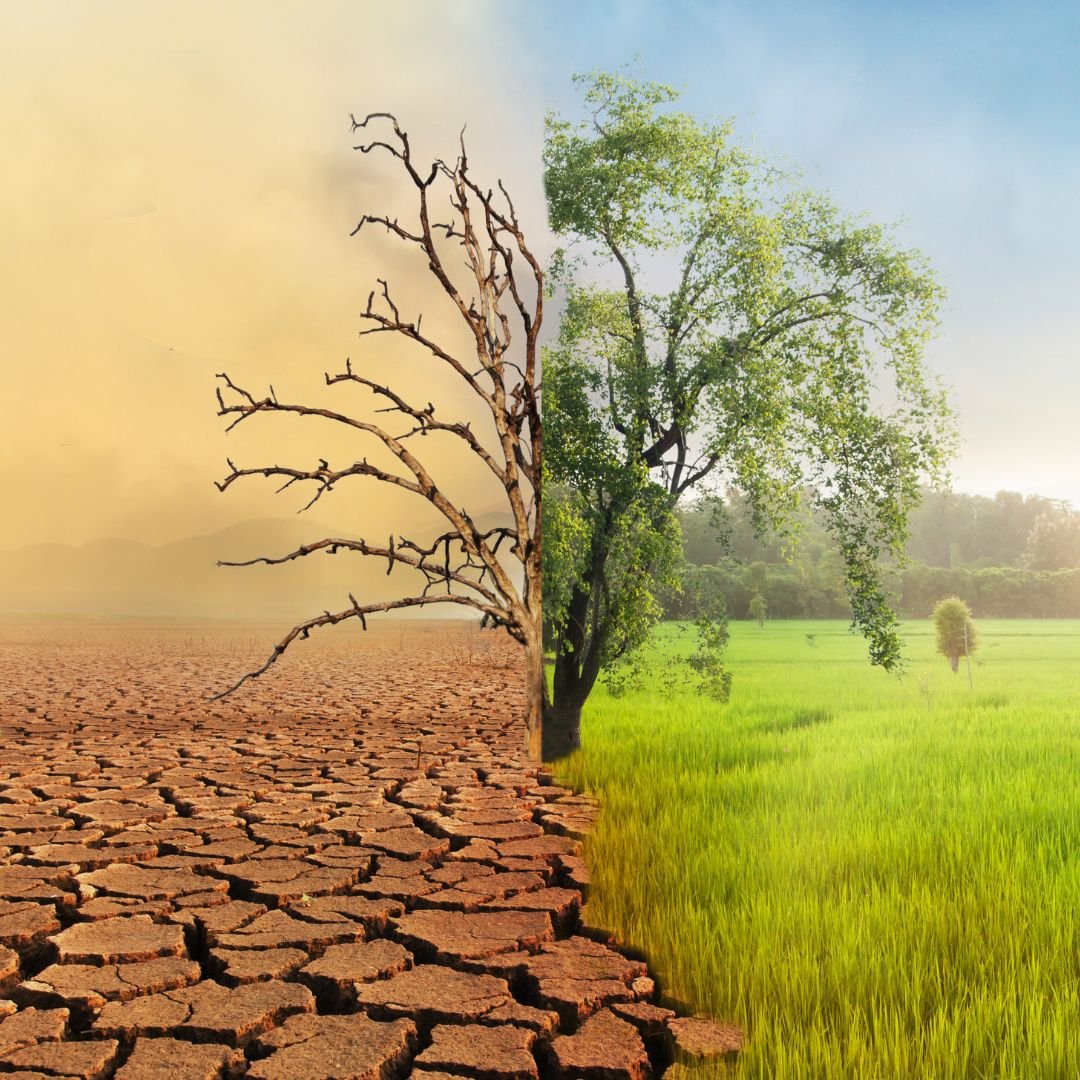
Restoring farmer communities and rejuvenating the planet one bite at a time.
We are facing converging existential crises: human health, agrarian angst, and climate change. It’s not enough to work towards a “sustainable” food system. We must ensure that the foods we eat are restorative for growers and rejuvenating for the Earth.
Farmer distress is community distress.
Farmers in Asia and Africa are in trouble.
Every 32 minutes, a farmer in India commits suicide.
Farm size in in Africa continues to decline. By 2030, up to 60 million hectares of arable land will be converted to non-agriculture use.
70% of the India’s population is dependent on agriculture for income.
Too many African governments do not have enough budget to allocate to agricultural innovation and improvement.
80-90% of the India’s water is consumed by agriculture.
Poor basic infrastructure in Africa for electricity limits the use of basic machinery that can increase the size of yields.
Restorative Foods made from drought-resistant millets restores farmer communities by:
Shortening crop rotation time so farmers can grow more sale crops per season
Decreasing by up to 360% the amount of water and other necessary crop inputs
Increasing crop yield by 3 fold even in harsh conditions and poor soil
Setting up fair price guarantees and investing in agricultural futures
Supporting farmers to adopt climate-friendly agricultural practices through partners
Converting farm waste into bio-energy and bio-fertilizer for on-farm application or additional revenue streams
Our planet needs help to heal.
Asia and Africa offer harsh case studies of our planet’s climate emergency.
Somalia will experience record-level displacement in 2023 as unprecedented drought ravages the country.
India extracts 25% of the world’s groundwater supply.
In West and Central Africa, temperatures are rising 1.5 times faster than the rest of the world.
53% of the India’s arable land is degraded and eroded.
14 million adults and children in West and Central Africa are struggling with emergency levels of food insecurity because of the climate crisis.
14 of the 15 most polluted cities in the world are in India

Retü Restorative Foods made from locally-sourced, climate-adaptable millets help our planet heal:
Renourish and repair degraded soils
Rain-fed grains use 80% less water than other staple crops like rice, wheat, and maize
Millets yield 3x greater harvests without the use of synthetic fertilizers and pesticides


